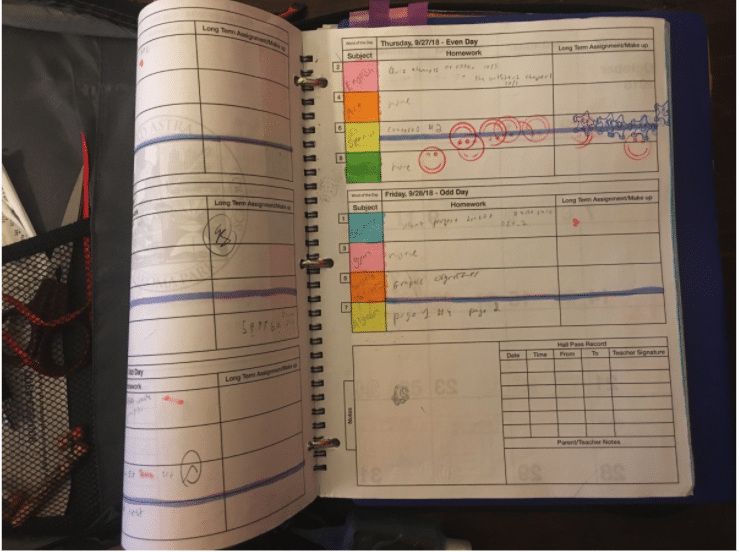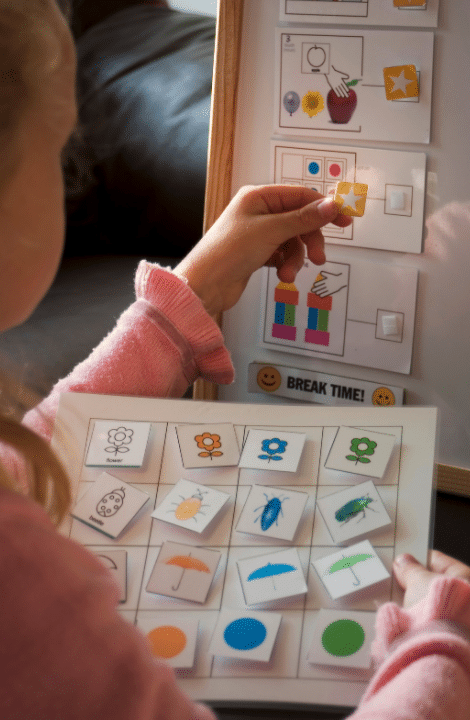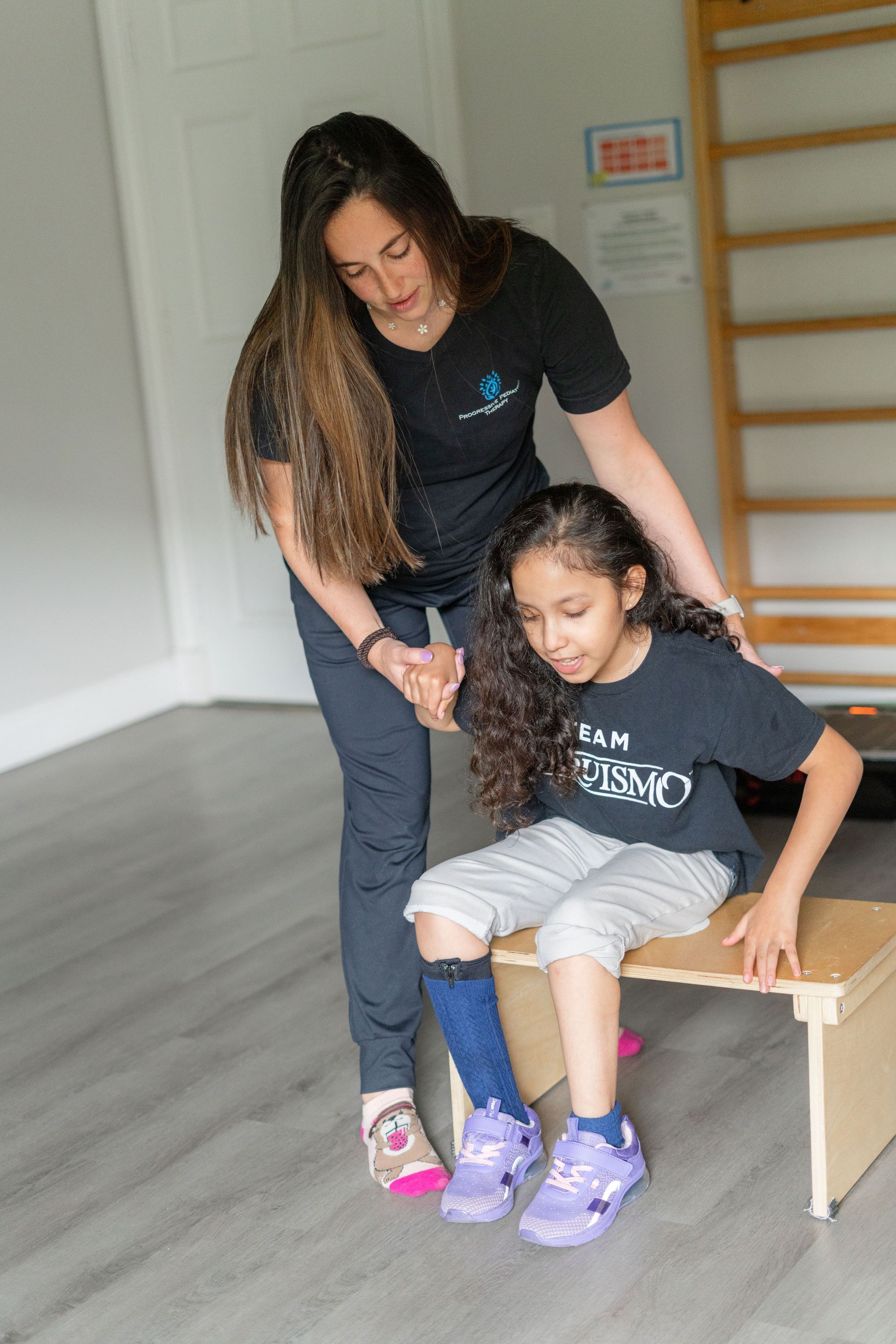Your Clinic
SET A LOCATION
Your Clinic
SET A LOCATION

We all have heard of the saying, “Time is money.” A famous quote by Benjamin Franklin reads, “ “For every minute spent in organizing, an hour is earned.”
Tying the two quotes into our days, some of us feel like we are always running out of time. By the time we receive a chance to breathe, it is dark and time to hit the bed. It is now time to introspect, identify a need, and act on it! Together, we can do it! It is important to stay organized to make the most out of our child’s education, hobbies, work-life balance.
We ask that you answer 10 question quiz from Marcia Ramsland. If you score anywhere from 10-69 points, we ask that you continue reading the blog and pass it on to friends who may benefit! https://organizingpro.com/how-organized-are-you/

Part of a child’s learning experience with being in school is using a planner to stay organized with assignments. With school being virtual, children will be provided with their schedules already created for them. It is important that we continue to promote organizational skills as this is a critical skill that will carry throughout the lifespan. Having children participate in an organizational strategy whether a checklist or filling out a calendar or planner as part of their virtual school experience will help children to see the big picture of their day/week/month and allow for a sense of control, ownership, and responsibility for their learning

Family Calendar: Post a weekly calendar for the family in a common area of your house that includes all schedules including adults and children. Include specific meeting times and subjects for all the learners. Also include special events and activities for the family (ex. Friday is pizza night!). This will provide information for all the family members to help everyone to feel calm and have a sense of control.

Checklists : Help your child to create daily checklists of their assignments. As they complete each assignment, use a visual such as a checkmark, sticker, or a happy face following the completion of each assignment. If the child has a regular routine, you can place the list inside a clear protector and use a dry erase marker to check off tasks as they are completed. This will allow the child to feel a sense of accomplishment and control over their day.

Visual schedules : Visual schedules can be helpful for younger children or children with reading and writing challenges. Ask your therapist to assist in creating a personalized visual daily schedule. This will ensure all children with varying abilities are successfully participating in organizational strategies at their own level.

Academic Planner/Calendar : If able, continue to teach your child how to keep track of their assignments in a planner or calendar. While there are digital options, handwriting their assignments can actually help their memory. A fun and helpful method to organize assignments is by color coding and selecting a specific color for each subject. For example, math is blue, language arts is red, reading is yellow, and science is green. Your child can write their assignments down with a colored pen/pencil according to each subject’s assigned color. This provides a visual cue and can help a child plan for working towards due dates. Say a child has a science project due on September 30, they can schedule time in their planner each week using the selected color to” work on the project”. On the due date, “Science Project Due” should also be written in the selected color.
The post Back to School: Let’s Get Organized! appeared first on PPT4Kids.









We empower children, families, and the community to learn, grow, and celebrate every child's unique abilities.
Quick Links
Contact Details
Phone: 561-376-2573 | 561-918-0190
Fax: 561-218-4939
VIP Concierge: 561-717-1764
Clinic Locations
All Rights Reserved | Progressive Pediatric Therapy, Inc. | Privacy Policy | Terms of Service
Site by Spearlance